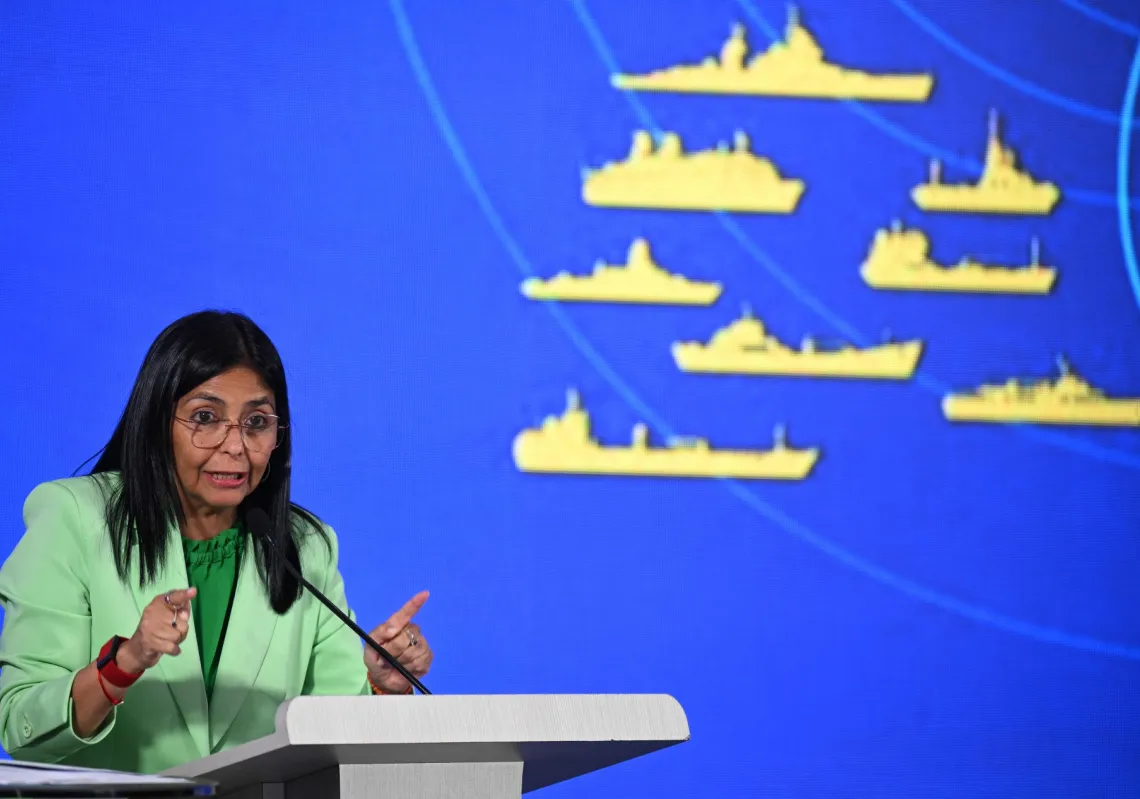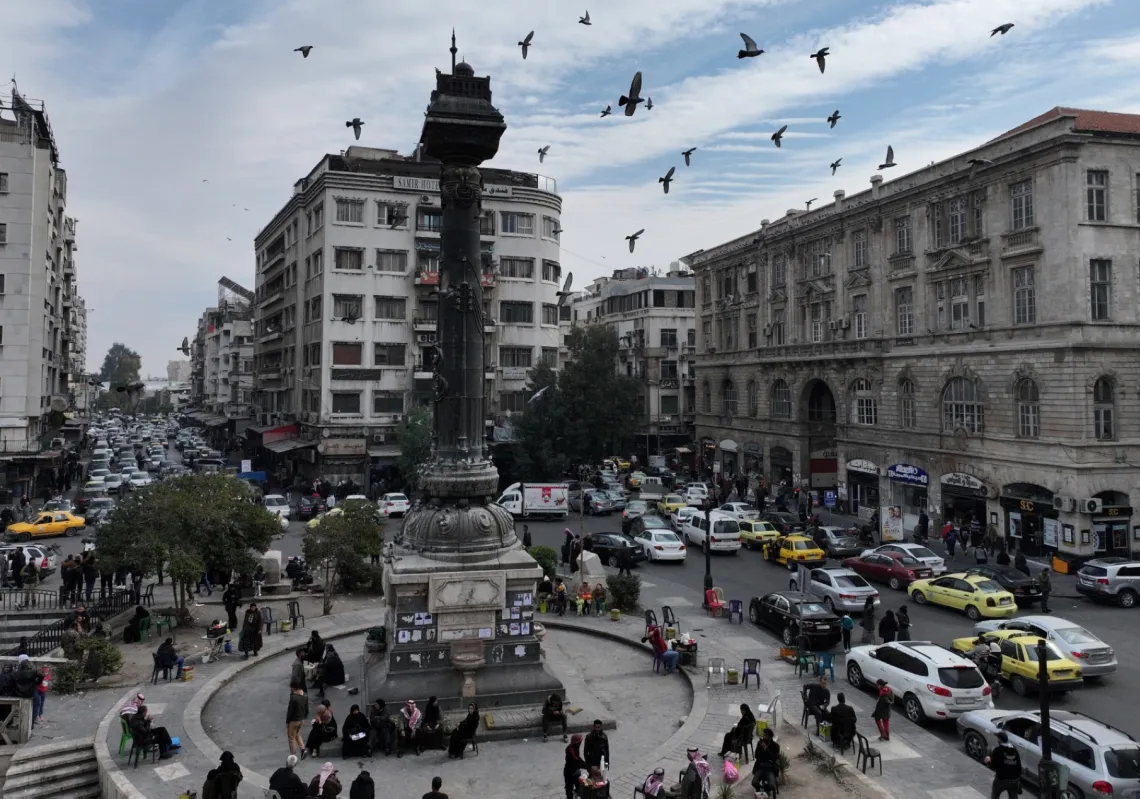No one can deny Hamas its purely constitutional right to be at the helm of power in the Gaza strip and the West Bank. It had already won in impartial legislative elections that marked a unique electoral experiment in the Arab world. However, two years ago, the Hamas movement reversed its own values when it took up arms against Fatah to seize exclusive power in the Gaza strip, throwing the Mecca accord it held with Fatah into the archives of history.
Over the past two years, the internal political arena in Palestine has become catastrophically divided, and undoubtedly Hamas is largely to blame for the current state of affairs. It behoves us to evaluate the movement from a political point of view. But we will try to bypass politics, however difficult this might be, and concentrate on other non –salient aspects of Hamas's administration of the Gaza strip.
It is well-known that the Hamas movement, which gained a well-deserved victory in the legislative elections four years ago, raised the slogan of "change and reform". In this context, we will focus on how far this slogan has been translated into concrete reality in the political and economic realm of the Gaza strip. If it was true that the Palestinian constitution grants the government a four-year mandate to be followed by new elections, this does not mean that this mandate is an absolute right, but rather depends on the extent to which the government has been true to its declared principles. For a government that cannot realize its declared goals can be forced to step aside, or may fall before the end of its constitutional mandate, in this case early elections are held.
The Hamas movement might justify its failure to fulfil its slogan, if it ever admits this failure, by citing the Israeli and international blockade imposed on the Gaza Strip, and by pursuing a "resistance" course and the need for the Palestinian people to pay a price for pursuing this course. Here, we admit that the blockade was imposed before the control of Hamas over the Gaza Strip. However, this blockade has not been comprehensive and its direct effects escalated after the movement ruled and administrated the Gaza Strip unilaterally.
Moreover, the talk about the "option of resistance" passes only as a sheer slogan, because the principles of any resistance depend on the strength of the national unity of the people who resist.
Amid the divisions, the Palestinian scene witnesses an unmatched split in the history of the Palestinian national struggle. It is noticeable that this division is not only limited to the differences between Hamas and Fatah movements, but also between Hamas and all other Palestinian factions, including Islamic-oriented groups such as the Islamic Jihad movement.
Moreover, the Palestinian struggle scene is experiencing a sense of calmness on the Gaza Strip's borders with the Palestine territories occupied in 1948. This calmness is the longest surviving truce compared with the previous declared truces.
It was observed that there was a real undeclared calmness that preceded the Israeli war on the Gaza Strip and became more firmly established after the war. The talk about the option of resistance remained a mere slogan, and a mysterious action that is done from time to time by other factions, as a form of rebellion against the administration and the rule of Hamas, rather than in response to a national duty of struggle.
After drifting into such a political assessment, without intending to do so, let us once again take a very brief view of the economic and social conditions of the Palestinians in the Hamas -controlled Gaza Strip over the past two years. This can be done through examining three important phenomena that are considered part of the Palestinian scene, especially in the Hamas controlled Gaza Strip. These three phenomena are the increasing migration of young Palestinians, the growing number of young people who have attempted or actually committed suicide, and the condition of human rights in Gaza.
Gazans thinking of emigration: Last August, a poll, conducted by the Near East Consulting company, showed that 48 percent of the people of Gaza are practically thinking of immigrating. Also, in a previous poll, which was conducted a few months ago, the percentage of those who were practically thinking of immigration ranged from 38% - 40%.
The phenomenon of suicide: In mid-August, recently published figures that were recorded by security and medical sources in the Gaza Strip have showed a noticeable increase in the number of Gazans who have attempted suicide. Seven deaths resulting from suicide attempts out of 95 attempts during the first half of this year were recorded. Such a phenomenon was not known to exist in a religious and conservative community.
The condition of human rights: We will not make a comprehensive study of the violations of human rights. We will only discuss preventing citizens from moving freely. Gazans have been prevented from moving freely between the two wings of the Palestinian homeland: the Gaza Strip and the West Bank.
These three phenomena are part of the growing frustration, severe poverty, and unemployment resulting from a continuous blockade. The reason behind the continuity of this siege is the Palestinian internal division. Hamas, with its absolute control over Gaza, is largely responsible for such an internal division.
Hani Habib
- Palestinian Political Analyst








